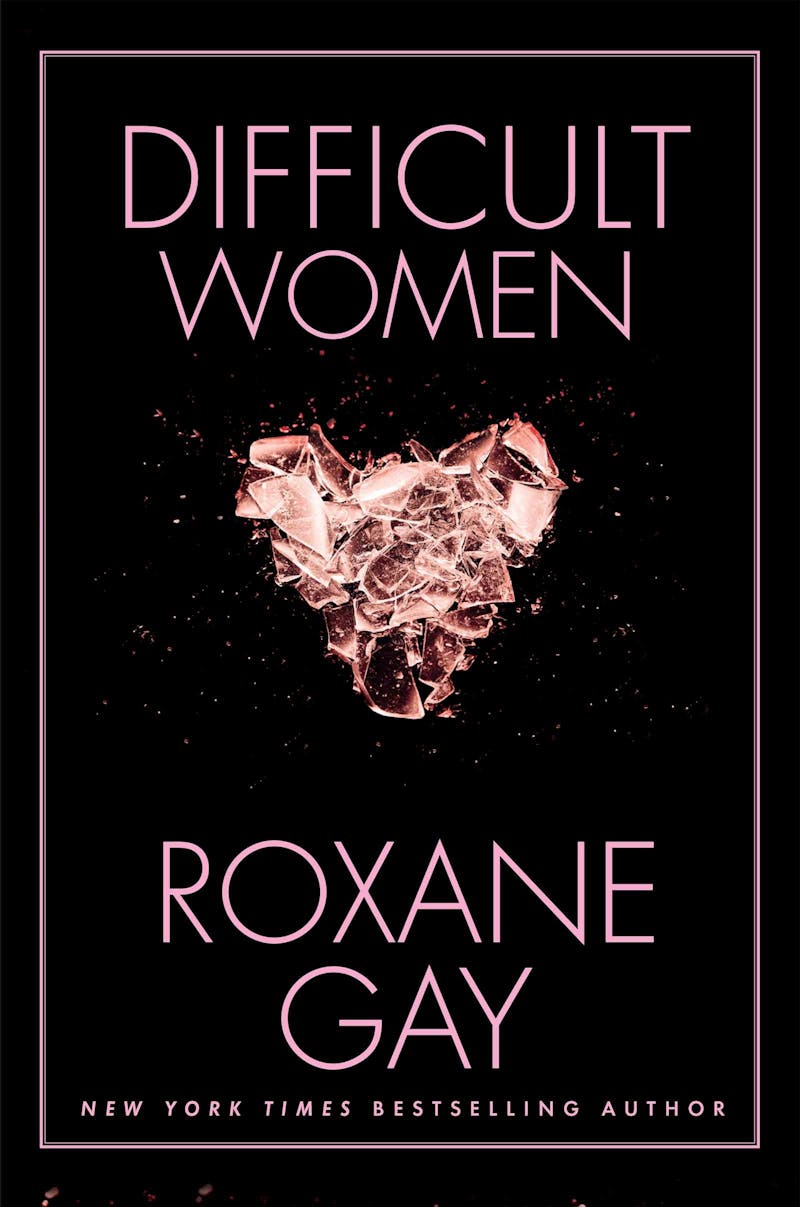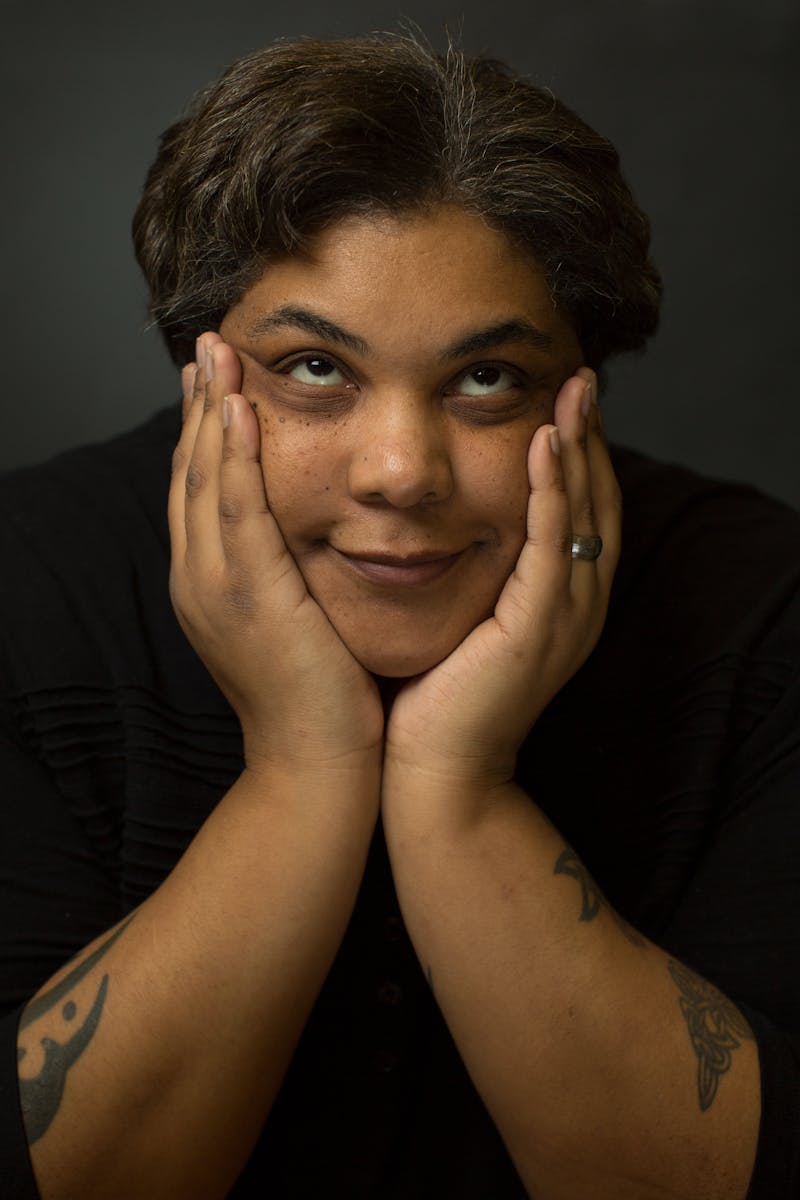A little over two years ago, a grand jury announced they would not prosecute Darren Wilson for the killing of Michael Brown in Ferguson, Missouri. I was in Ferguson the night of the verdict, and happened to speak to the white owner of a bike shop not far from the police headquarters where the crowds had congregated. “We had no idea our neighbors were so angry,” the man told me after I had used the restroom. I remembered his words later as the streets erupted, crowds pulsing with passion became riotous, and the air filled with fire and tear gas and sorrow.

Much has been written about the insularity of white America, particularly since then. Many analyses of the riven edges of American race relations have been astute and revelatory, exposing realities that have been for too long omitted from public debate. But the violence of exclusion is not limited to our public institutions: Racism, and reflexes learned in response to it, seep deep into our inner lives and shape our most intimate relationships. Manifestations of all of these very private American realities can be found in the pages of Difficult Women, Roxane Gay’s debut short story collection. The protagonists of her stories are not always black or brown, nor always women, but they are, all of them, complicit in the infliction or perpetration of intimate violence, racked by secret desires and seething rage. All of it deftly and terrifyingly underscores the absurdity of a society tacitly ordered by skin color and the privileges accrued by those who have ended up at the winning end, circled and watched by those who have not.
One of the most powerful stories in the collection, titled “La Negra Blanca,” features William Livingston III, a rich white man obsessed with black culture and black women. He satisfies this predilection by visiting strip clubs where he can pay Sierra—a biracial dancer who looks white but has inherited her black mother’s booty—to dance in his lap. Sierra, however, is not the origin of Livingston’s obsession; in a hidden closet he “keeps the urban clothing he sends his assistant to West Baltimore to purchase—Sean John jeans and Phat Farm hoodies and Timberland boots.” His understanding of what kids are wearing these days is dated, Gay notes, but it doesn’t keep Livingston from putting on his clothes and “posing in front of the full-length mirror and grabbing a handful of denim-clad crotch.” The scene is redolent with transgression, Livingston’s foray into blackness secret and forbidden. There is, of course, a family history of this obsession. In a moment of father-son bonding, William Livingston II and William Livingston III gather to ogle their black former housekeeper. Livingston the Elder dutifully reminds his son, however, that “you can look boy, but you cannot touch.”
There is, it turns out, no need for such caution. Livingston’s wife, a Connecticut transplant, is willfully ignorant as her husband sits in his study listening to gangster rap on his expensive headphones, surveilling via secret cameras the black housekeeper he has already sexually assaulted. This is not the limit of his violence. When Sierra, the white stripper with the black booty, rejects his advances, he follows her home and then brutally rapes her. When Alvarez, Sierra’s crush (whom she cannot understand because he speaks no English), returns and finds her violated, he wants to call the police. Sierra stops him: “occupational hazard,” she says. William Livingston III gets away with everything.

It is this interplay of racial tension, minutely observed and magnified for the reader, that emerges also in “Florida.” The story takes the form of a string of vignettes that each focus on the odd but rarely-considered. Caridad is the Latina aerobics instructor whose students “loved to speak to Caridad in broken Spanish to show that they were comfortable with her ethnicity despite the paleness of their skin and the wealth of their husbands.” With her young and beautiful brown body, Caridad is accepted within this white enclave, since she serves to perfect white bodies.
In another unit of the same gated community, a young white woman named Tricia works as a cleaner in private homes. The housewives who employ her take it as “something of an insult” that the hired help should have such an effortlessly nice body. They keep her because they like having an English-speaking housekeeper— even though it makes them “uncomfortable to see a white woman doing the work of la gente.” Tricia knows all of this. As she cleans she also steals “little things they would never miss because they had too much.” Even when for those engaged in menial jobs, whiteness confers privilege.
In other stories, Gay employs the surreal and allegorical to explore the contradictions of desire, of the yearning for motherhood and the cruelty that women can inflict on other women. In “Mark of Cain,” a woman is married to a man with an identical twin brother. The two men keep switching places with each other so that she is effectively married to two different people. Caleb, her husband, is rough and abusive. She worries about the day “he leaves me torn apart on the bed, waiting for him to put me back together again.” His twin Jacob, by contrast, is tender; his kisses are soft. The twins think she doesn’t know their trick, and she “is the type of woman that does not mind indulging the deception.” She confesses that Jacob is the one she prefers, the one to whom she can say, “I love you.”
The Jekyll-and-Hyde dimensions of the tale are plain, biblical and eternal; women loving the “good” halves of men and adeptly weaving rationalizations to excuse the terror of the bad portions, complicit thus in their own ruin.
Difficult Women is a dark book, pulsing with repressed anger that emerges in sudden starts and with the accompaniment of violence. “I am a Knife” is the title of one story, but nearly all feature blood and guts and violent sex, all bubbling to the surface in Gay’s precise prose. It takes courage to write such a book, to bank on un-likeability, on women unraveling in such a variety of ways. In reveling in this exposure of rage, Roxane Gay charts a markedly different literary course than is routinely allotted to the “diverse” or “minority” female author.
She is not alone; the stories in Ottessa Moshfegh’s latest book Homesick for Another World are also flavored with desperation and loneliness, the strange and unrequited. Here, too, are twins who believe they are from elsewhere, bulimic men and chilling, cheating women. Booker prize winning Han Kang’s new novel Human Acts is another exploration of the macabre, centered around the rites of cleaning and wrapping in plastic the many dead from a gruesome war. There are dark truths; and their deliberate embrace is an act of literary defiance, a rebellion both against the niche reserved for the “other” author and the stories she is expected to tell.
Certainly, on many counts the writers differ and would likely have many (legitimate) qualms about huddling under a single umbrella. Their similarities are notable because they have mounted a response in literature to a world wedded to vacuous categories that misrepresent lived realities. Rage of the public sort—directed against police violence, militarization of urban spaces, mass incarceration, and exploitative labor—is the stuff of journalism. These authors depict a private rage—the sort that settles into the cracks of relationships, taints intimate spaces, invokes the absurd and the cruel.
There is no making nice here, no trite and hopeful conclusions, no apologies for the persistently grim and grotesque. Gay’s title story “Difficult Women” sketches five categories of femininity: from “Crazy Women” to “Frigid Women” to “Mothers.” The final category is fittingly titled “Dead Girls.” Its first sentence reads, “Death makes them more interesting; Death makes them more beautiful.” It is a living truth about gone girls; a jab at the reality that dead women—those who have ceased to exist—are the most convenient kind. Gay recasts and reclaims this idea in her fiction; there is no shying away from the macabre, only avowal and ownership. Darkness has its own allure, its magnetism poised on the savage and primal. Gay peels it all back, exposing the raw, the enraged and the perversely beautiful.